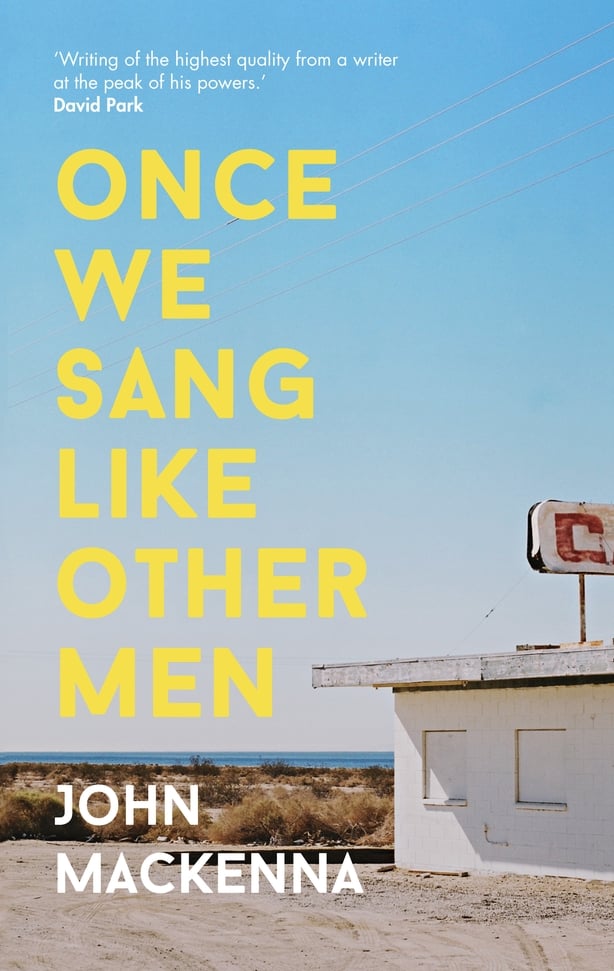Many of the 13 short stories gathered in John MacKenna’s new collection are linked by a recurring Jesus-like figure, called The Captain. Biblical references run as a loose theme through the author’s tense contemporary dramas of love, sex and death.
The scene-setting is different from that of previous MacKenna stories, where one was generally in a recognisable Ireland, very definitely midlands, close enough to McGahern-land, those County Leitrim/Roscommon shadowlands.
'Those who write him off as a traitor know nothing of him. They just read each other’s headlines.' Go Home to Your Friends is set in a sun-scorched place, likely to be Palestine. A Mary Magdalene-like figure - named Mary- recalls her torrid but loving relationship with a certain Jude (Judas, no doubt). He suddenly upped and left the band of disciples once gathered around the Captain and left her in the process.
Both Jude and the Captain are now dead, but both have reputations, and a cloud of myth and fact still rolling. Moreover, controversy dogs their reputations, they are Che and Fidel-type characters. Journalists still feverishly search for stories about them. Memory is tantalisingly insufficient, however, and try as she might, the woman named Mary cannot summon or return to herself the essence of her love affair with Jude. 'And memory is a useless device when it comes to redeeming passion', she declares. MacKenna is great on terse observations that make the reader stop and ponder.
His characters often carry burdens and awkward secrets that they tend to be brief and pithy and provocative about, as though they were the plaintiff giving us his or her noirish philosophical testament and afraid to give away too much. We should make allowances, and be keen to understand their motivation while we fill in the gaps, in other words. It’s an area of ground the author shares with Colm Toibín in The Testament of Mary and numerous other authors who have attempted to make the Gospels the subject of their fictional writings, either in contemporary or historical settings.

The best stories here are relatively simple. In The Resurrection, a young widow named Miriam travels from Ireland to the remote snow-bound region in Canada where her writer husband has been found dead in a log cabin. Miriam suspects, with very little evidence to hand, that her late husband may have been conducting an affair with another woman. Meanwhile, Charlie, their young son, is too young to process the fact that his father is dead, and believes that his father will return, Lazarus-like indeed. The young boy goes into the waking room and knocks on the coffin lid as though his father's death were an elaborate trick he was playing on him.
Sacred Heart is a touching story built on the simplest of premises. A father takes his young daughter on a three-week break to an unnamed holiday resort in the Southern States of the USA. He spins her kiddie stories about sea life and brings her to a safari park. They play chess in the heat - until the idyll is challenged by a phone call from the man’s estranged wife. The mood darkens, as it often does in a MacKenna story, when hefty legal fees are mentioned by the wife. Then one day, the holidaying father sees what he believes is an actual human heart on the beach. He tries to shield his daughter from the sight which he thinks might have been a hallucination. It's a dramatic and utterly unforeseen ending to the story, confirming yet again the presence of the astute, often moving narrative gift that make MacKenna a very fine short story writer indeed.







